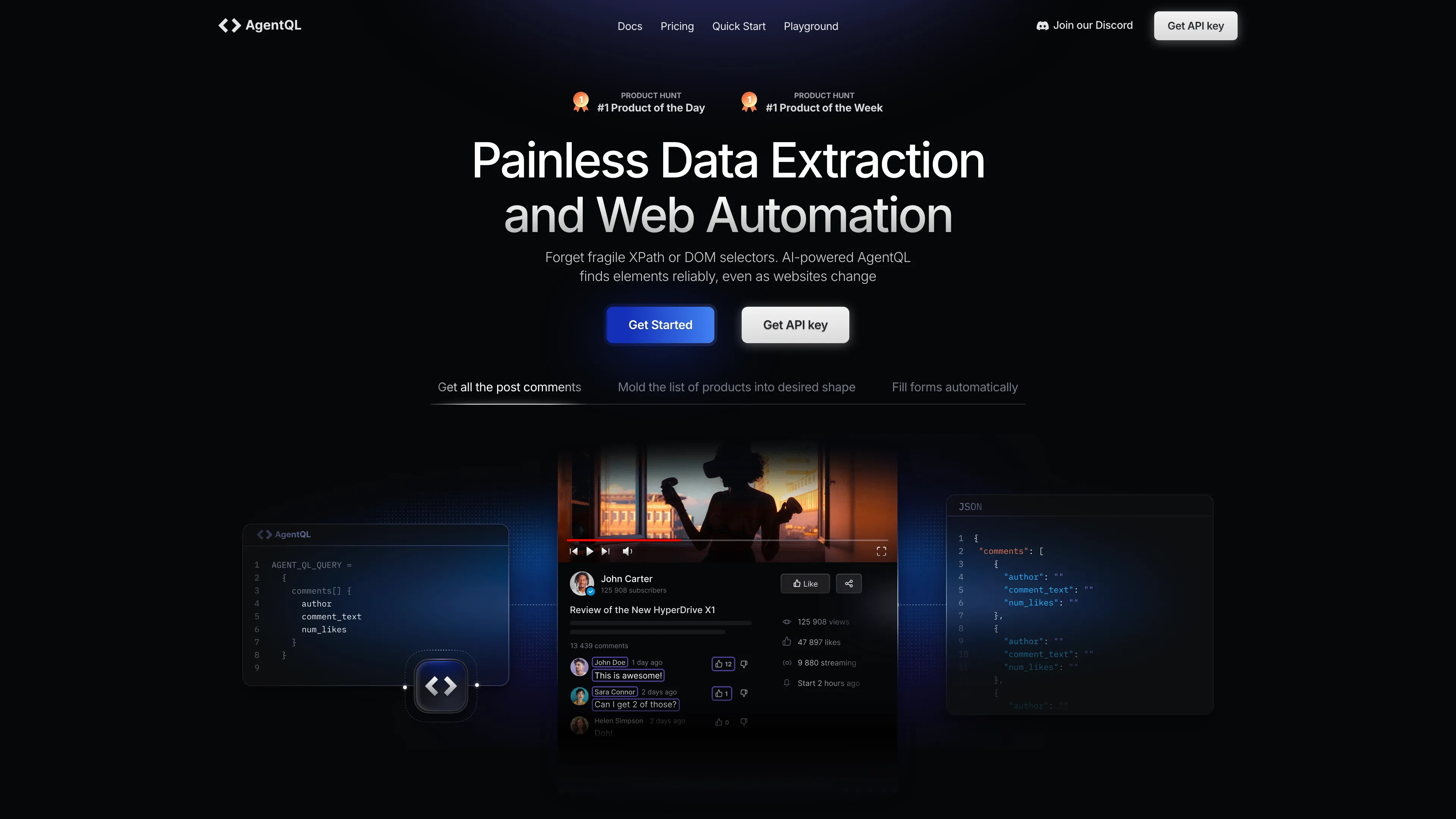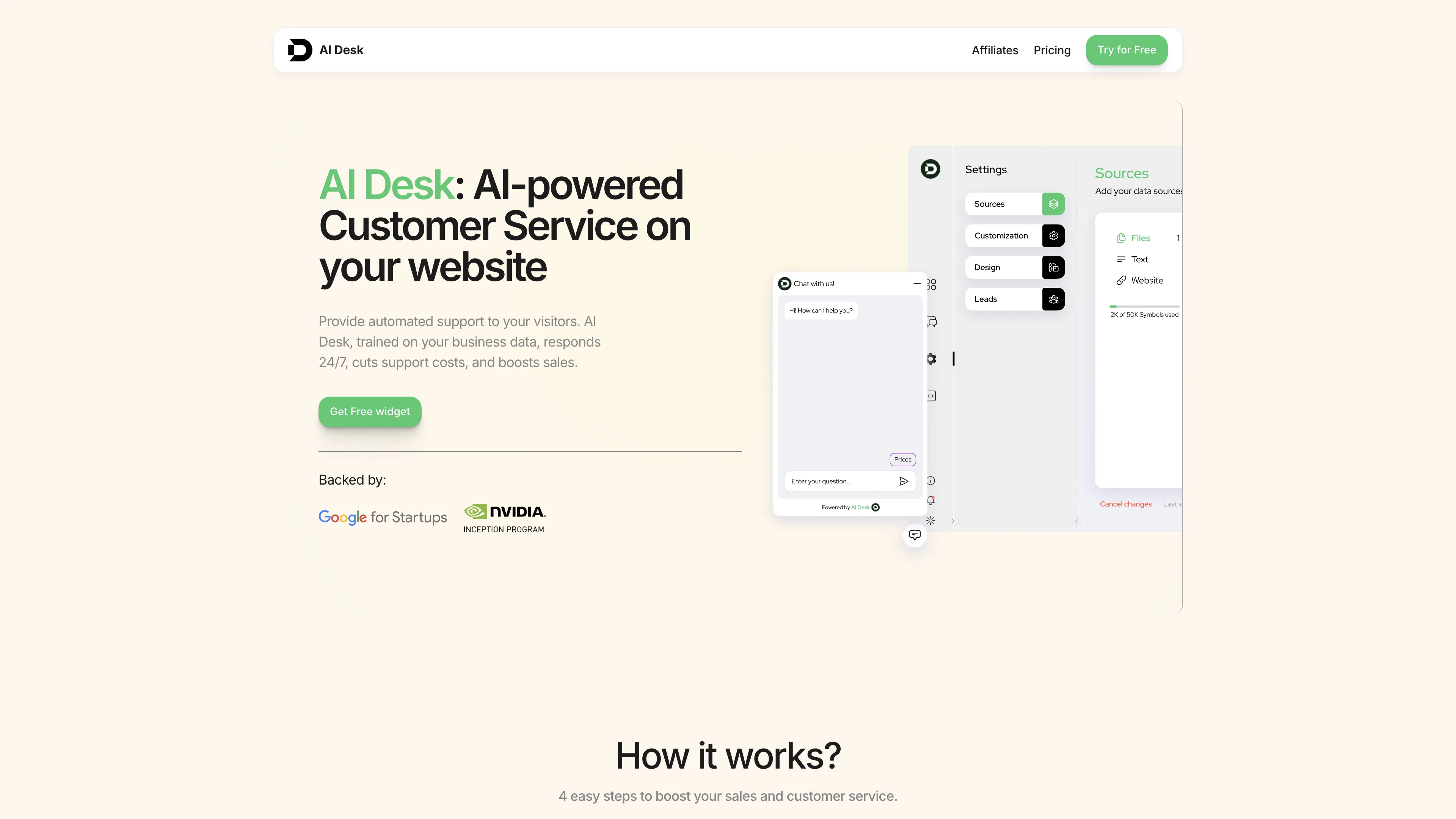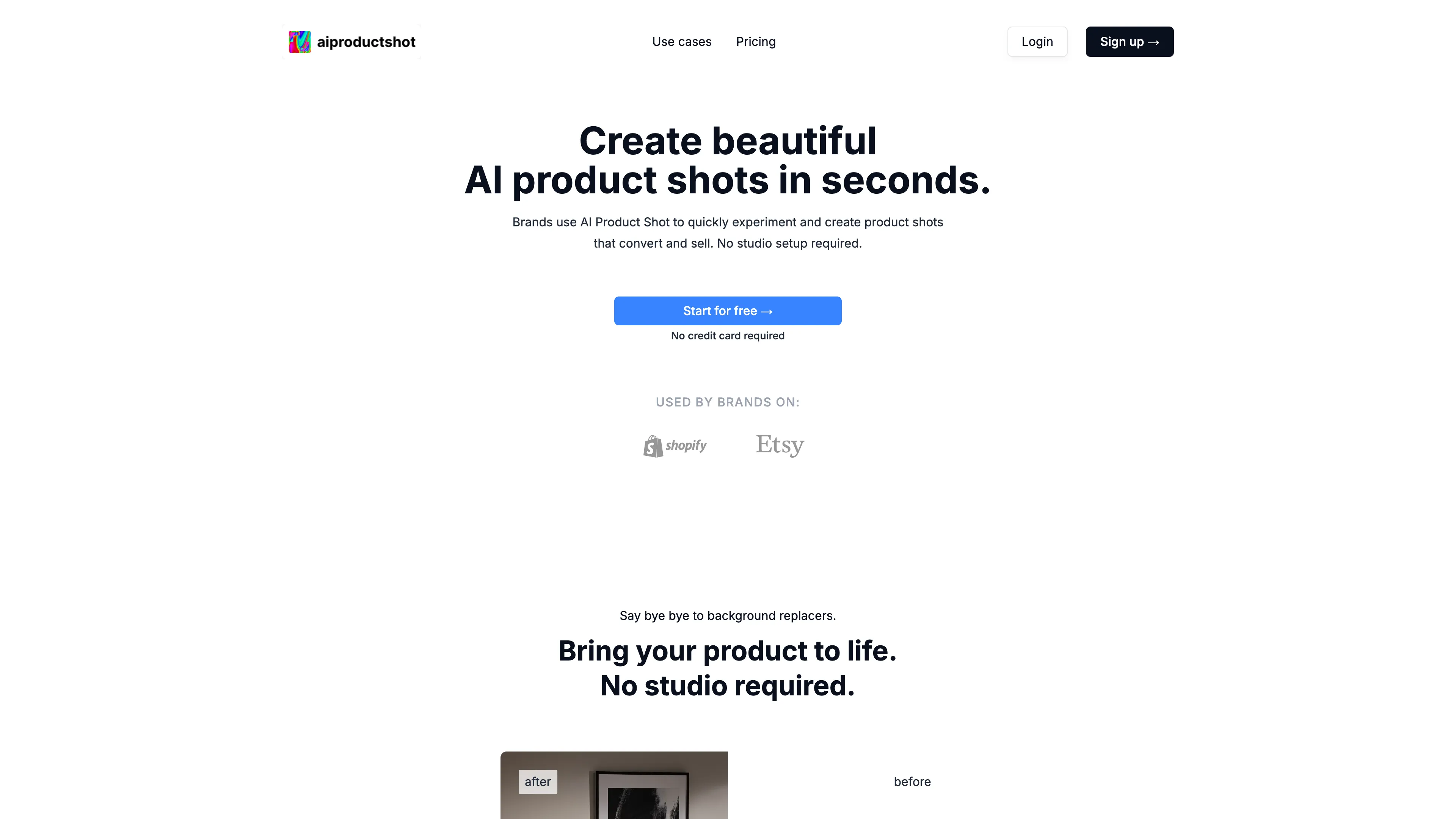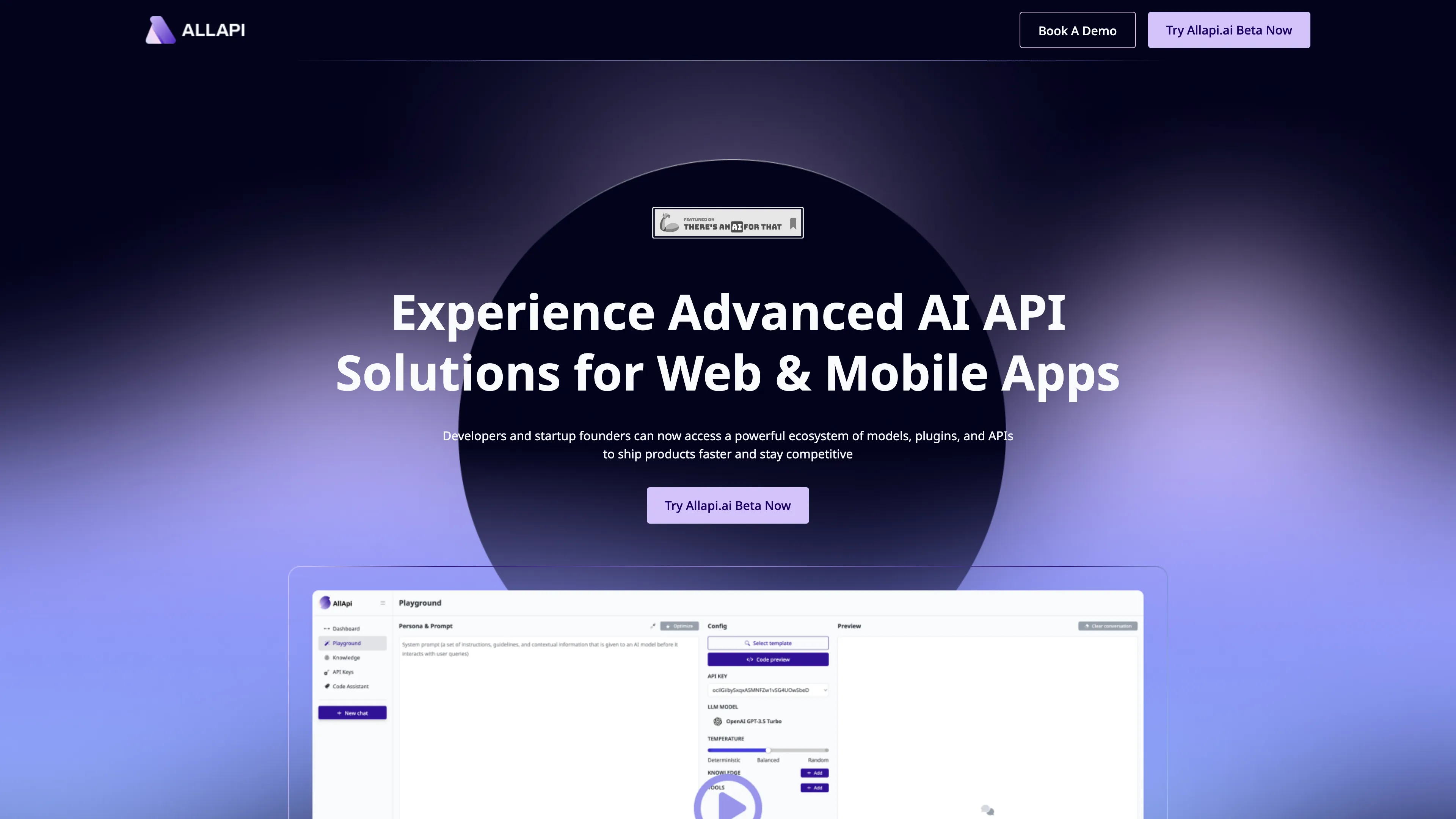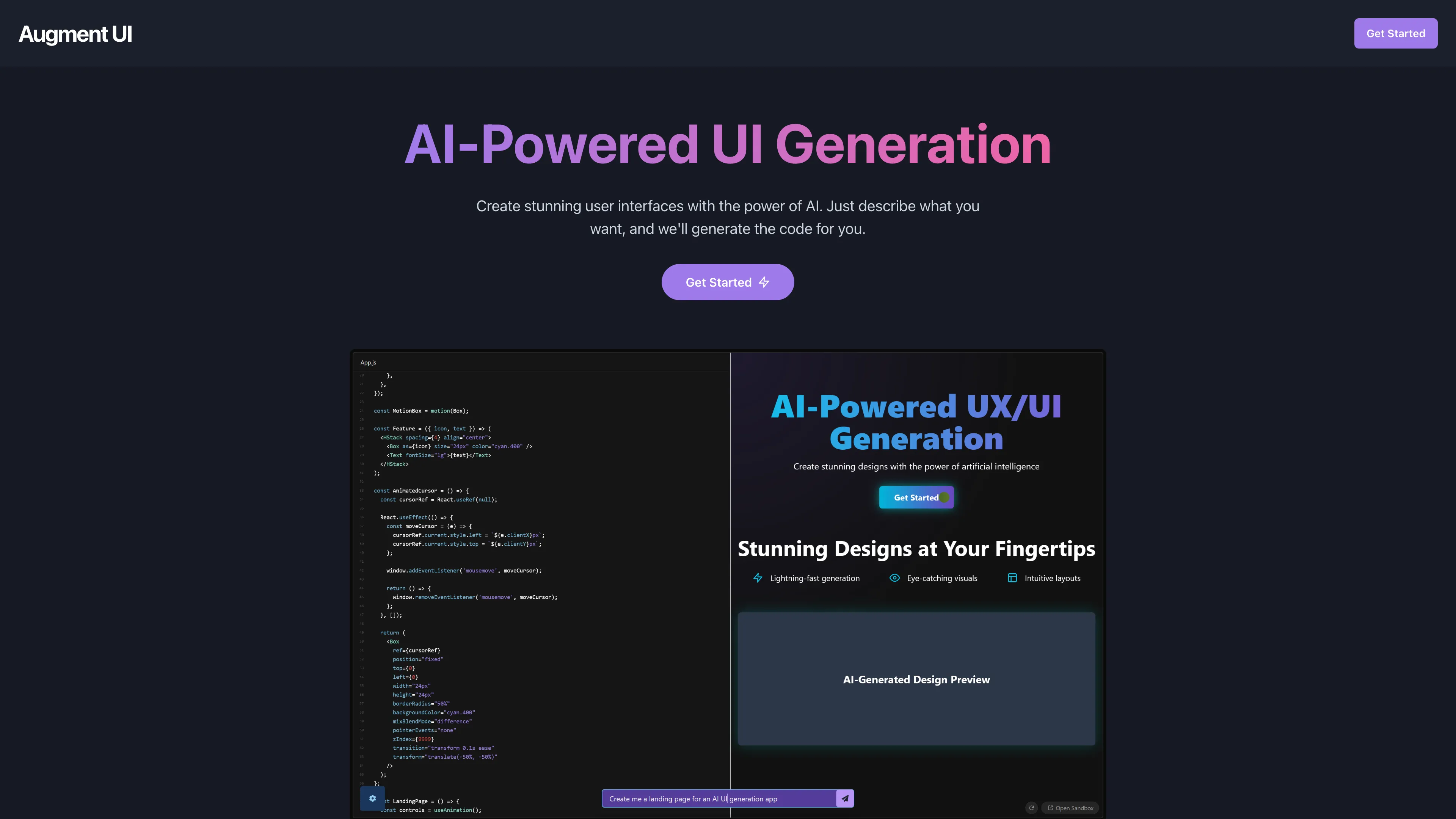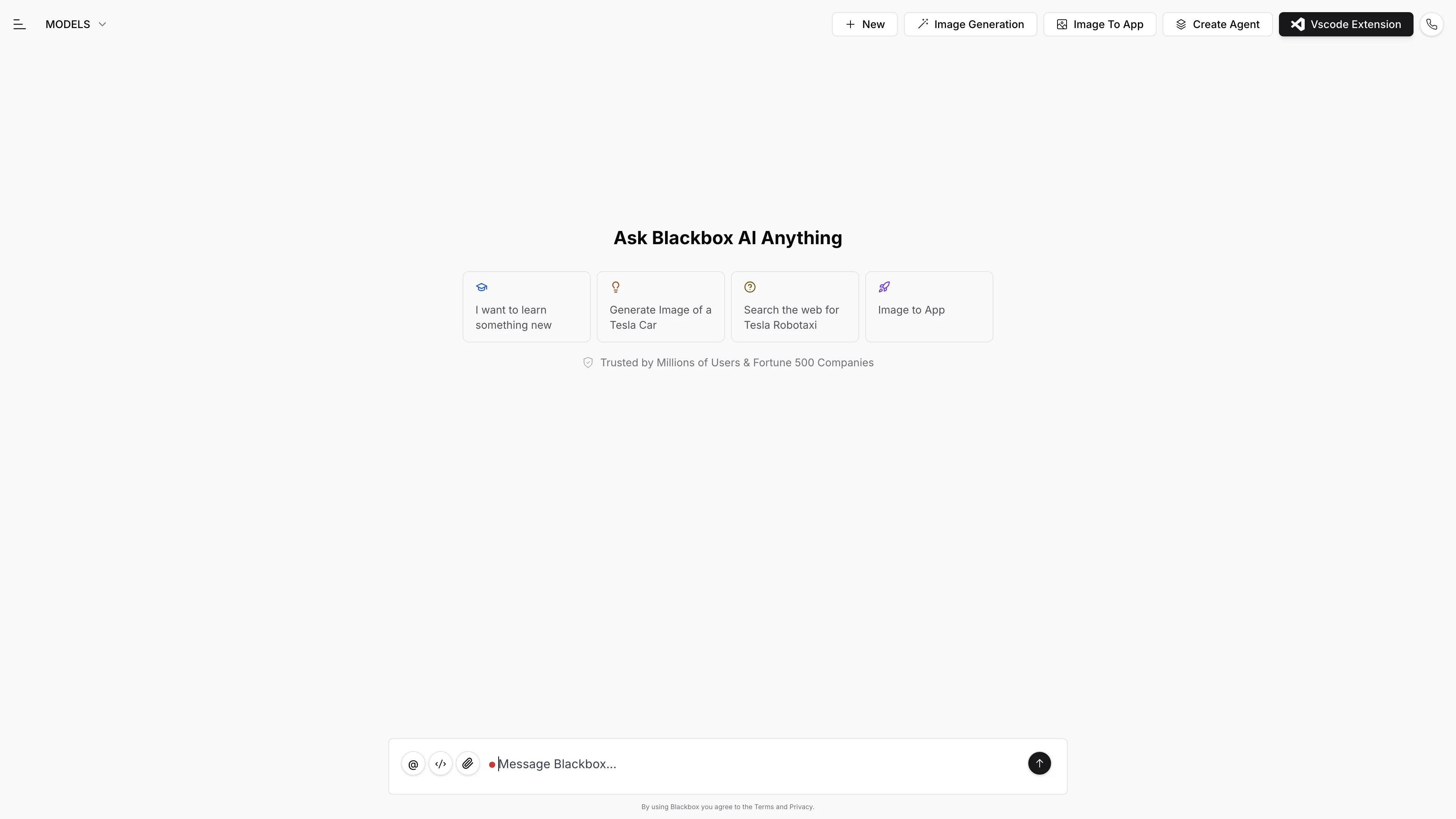Medusa
Medusa 2.0 is the most flexible commerce platform, offering modular architecture and easy customizations for building tailored ecommerce applications.
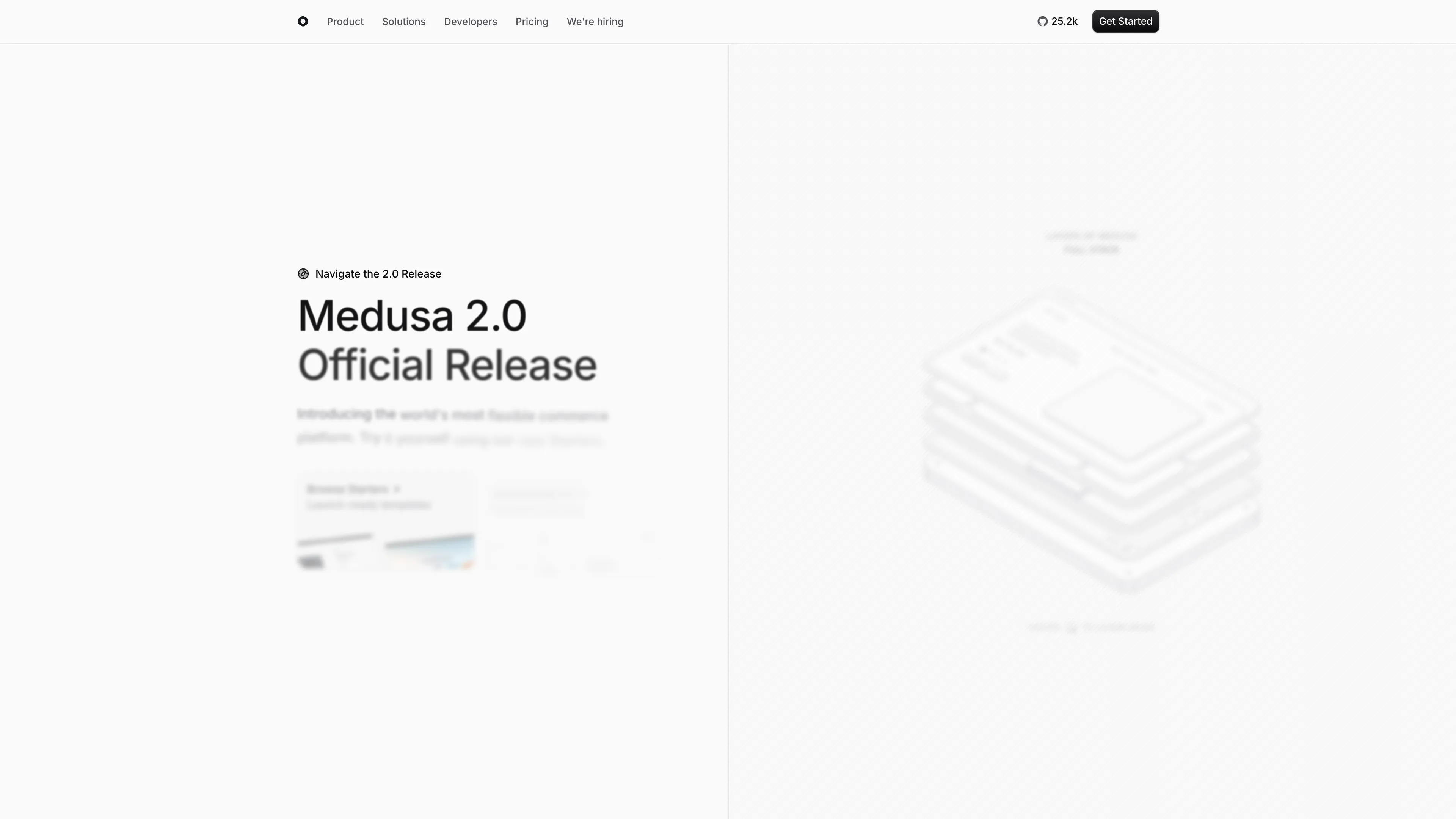
Medusa Introduction
Medusa 2.0 offers a flexible and customizable commerce platform that stands out for its modular architecture and extensive features. This new version comes with a redesigned admin panel, a built-in framework for customization, and the ability to create tailored commerce applications quickly. Whether one needs to build DTC ecommerce websites, B2B commerce stores, or marketplaces, Medusa adapts easily with its pre-built integrations and responsive designs. Notably, the platform allows developers to introduce custom data models, API endpoints, and business logic to fit unique business needs. This flexibility can save significant development time, making Medusa an ideal choice for developers seeking both productivity and innovation.
Medusa Key Features
Built-in Customization Framework
Medusa 2.0 ships with a robust framework for customization, enabling users to introduce custom data models, business logic, and API endpoints. This flexibility lets developers tailor the platform precisely to their unique needs, like tweaking an engine to get the perfect performance.
Modular Architecture
The new modular architecture in Medusa 2.0 allows developers to replace default functionalities with their own systems. This feature is akin to building with Lego blocks, where each block can be swapped out to achieve the desired design, making the development process faster and more adaptable.
Pre-built Starters
Medusa 2.0 offers new open-source Starters for various commerce applications. These templates come with responsive designs and pre-built integrations, making it possible to launch a fully-fledged ecommerce store in minutes, rather than weeks or months, saving time and effort.
Comprehensive Commerce Features
Medusa 2.0 includes a cart engine, order management system, and product and inventory tracking out of the box. This extensive feature set covers all the essentials of ecommerce management, providing a one-stop-shop for developers looking to build powerful commerce applications.
Community and Ecosystem
With over 10,000 developers in its community and millions of npm downloads, Medusa 2.0 has a thriving ecosystem. This means ample support, shared knowledge, and continuous improvements driven by a passionate user base, ensuring developers are never alone in their journey.
Medusa Use Cases
Startup Ecommerce Launch: A budding entrepreneur uses Medusa 2.0's modular architecture to quickly launch a sleek, responsive DTC ecommerce site in hours instead of weeks, saving immense development time and costs.
B2B Marketplace Customization: A wholesale distributor customizes inventory and order management using Medusa's framework for flexibility, achieving seamless integration with their unique business logic and drastically improving operational efficiency.
Niche Online Market Creation: An innovative chef uses Medusa’s built-in features and Starters to create a specialized online marketplace for foraged foods, allowing her to connect with a community of food enthusiasts effortlessly.
Corporate Store Revamp: A retail giant revamps their outdated ecommerce platform using Medusa to handle complex order tracking and cart functionalities, leading to a significant increase in customer satisfaction and reduced system downtimes.
Developer Solo Project: A solo developer leverages Medusa’s new architecture to develop a full-featured commerce application single-handedly, transforming a personal project into a fully operational online store in record time.
Medusa User Guides
Step 1: Visit the Medusa website and sign up for an account.
Step 2: Download the DTC or B2B Starters to quickly set up your storefront.
Step 3: Customize your commerce platform using the built-in framework to add custom data models and business logic.
Step 4: Explore pre-built integrations to connect with commonly used tools effortlessly.
Step 5: Launch your Medusa store and manage products, inventory, and orders through the redesigned Admin panel.
Medusa Frequently Asked Questions
Medusa Website Analytics
- India9.4%
- United States7.4%
- Turkey5.8%
- Poland5.5%
- France4.9%
Medusa Alternatives
AgentQL is an AI-powered tool for robust data extraction and web automation, using natural language for reliable element identification, even as websites change.
AI Desk provides 24/7 AI-powered customer service that boosts sales, reduces support costs, and supports multilingual chat seamlessly.
AI Product Shot enables brands to create stunning, studio-quality product images without physical setups, offering unique, photorealistic results that drive sales.
Allapi.ai offers seamless API integration, simplifying complex processes for developers and enhancing productivity with user-friendly tools.
Augment UI uses AI to quickly prototype frontend designs, allowing you to generate and edit code directly in the browser for seamless development.
Blackbox AI is an advanced coding assistant that boosts developer productivity with features like code autocomplete, generation, error optimization, and version tracking.
